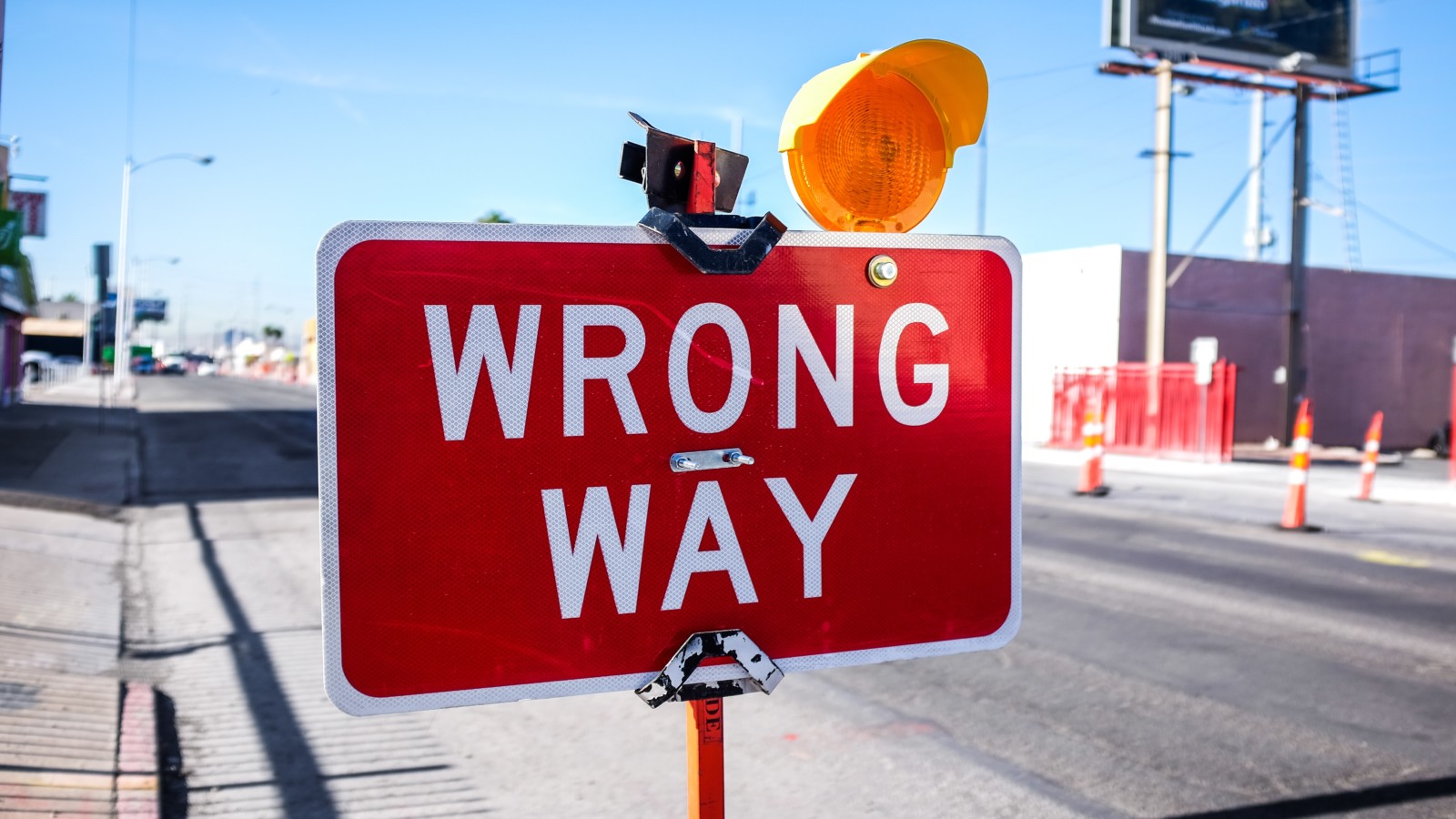As someone who accidentally fell into the venture capital world, I am fascinated by the decision-making process I witness, and in this case, why some investors make the bets they do. Perhaps I’ll write a future post on how investors could improve the quality of their decisions, but that got me thinking about how we make decisions in our day to day lives. Those could be life-altering decisions, semi-important choices that could impact our next few months, or the daily mundane tasks we tend to accomplish on autopilot.
There is a lot written about the cognitive and emotional reasoning behind why we make the decisions we do. What I’m interested in however, are the tactical actions that help manage one’s emotions when objectively looking at risk and creating a framework to make the best decisions based on the information we have. Everything I write about I’ve experienced myself, and at the root of every decision I make, I understand its managing ego and emotions. I still may make the wrong decision, but not because of a faulty framework.
Give it space/sleep on it
You need to understand that your emotions drive a lot of your decision making, though we like to delude ourselves with all kinds of rationalizations. The age-old advice of not making an important decision until you slept on it makes sense for a reason, and creating that mental space to reflect on an idea is wisdom from the ages. As this New Scientist article states regarding the perils of being swept up in the moment: “emotions are clearly a crucial component in the neurobiology of choice, but whether they always allow us to make the right decisions is another matter. If you try to make choices under the influence of an emotion, it can seriously affect the outcome.”
A tough workout… with a notepad
I know when I need to make a hard decision, a challenging workout (and in this case, a strength workout) helps me walk through the problem. I suspect my mind focuses on the technique of lifting weights, which lets my subconscious work on the issue. And the act of working out and sweating helps relieve stress, which can help in clearing your mind to focus on what’s in front of you. I’ve also found insights come to me when I work out, and between sets, use Google Keep to write down ideas. It’s during that post-workout high that I’ve made some of the most lucid decisions.
Write it out
Writing everything out, both the standard list of pros and cons of a decision along with free form writing, helps clear your mind. I write first thing in the AM, using the Morning Pages technique to clear the ‘windshield wipers of my mind’ and get those anxieties out of my head and onto paper. Once you write it down, you’ll notice some of the irrational thoughts swirling around your mind. Many of the fears around failing in choosing to make the right decision are not the giant monsters as your mind makes them out to be.
Go for a walk
There is something about going for a walk, preferably in nature, which helps clear the mind that philosophers, ranging from Kant to Thoreau, credit the action as fundamental for their breakthroughs. I have found that I am most calm and reflective when I connect with nature on a long walk.
Some of the most significant breakthroughs in my life have been spent on long walks in nature listening to uplifting music. One of the great yet simple pleasures in life is that anyone can go for a walk in nature, and, as this Psychology Today article states, “a simple, brief walk among trees, bushes, and birds was found to significantly reduce self-reported rumination, the negative and obsessive thought patterns linked to depression and some other mental-health problems.”
Ask a friend
I am a bit wary of putting this down, as friends have biases (and most people I don’t, in my opinion, offer sound advice), and that many times we want our friends to validate what we want to hear. But there is value in asking a friend you trust and have discussed similar challenges with for their opinion, or better yet if they can highlight the blind spots in your thinking. If you’re getting angry at their response or start arguing with them, that may be fear speaking, so make sure to check that.
Making decisions is not easy, and so many of us suffer the long-term consequences when we act in anger or avoid making an important decision until fate makes it for us. It is better to be proactive and take steps to do so properly; you may not make the right decision, but at least you did everything in your control.
Jonathan ‘Yoni’ Frenkel heads Partnerships at Atento Capital. He aspires to be a high-agency type and is a self-professed performance optimization nerd.


